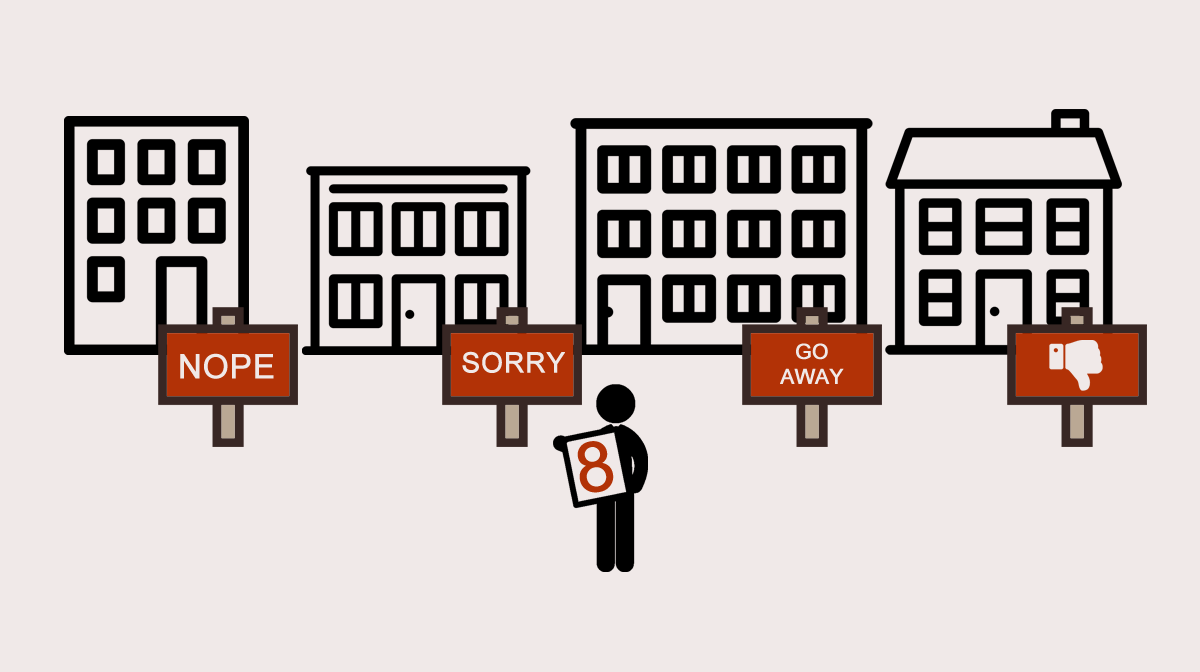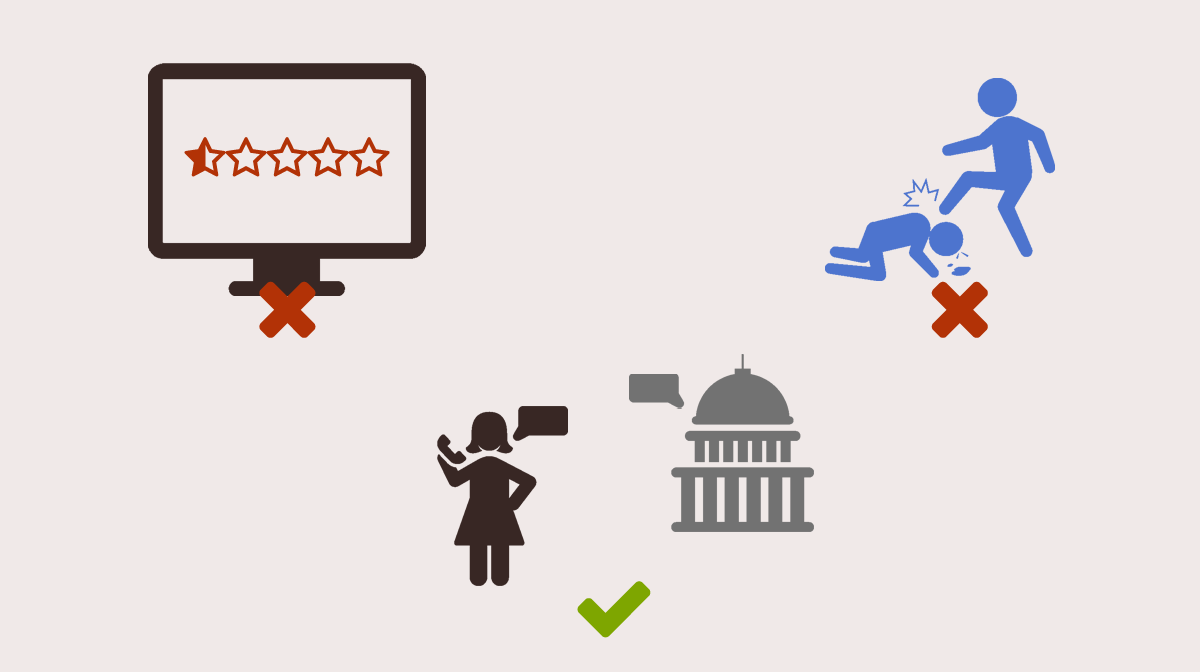It costs a lot of money to buy an apartment building. Most landlords need to borrow money from a bank to buy them. But banks have a scoring system that they use to figure out how much money they'll allow landlords to borrow. Running an apartment building is a lot like running any other business. Banks know that businesses are likely to fail. When a landlord fails, the bank gets ownership of the building. Banks will only lend money to high scoring buildings so that they know that they'll be able to find a new owner quickly.
The way the banks score buildings includes the age of the building, the style of management and the surrounding neighborhood. This is one of the major reasons why you only see a few types of buildings in each neighborhood. Downtown will only have new high rises. The edges of town will only have old creaky walkup buildings. It also affects who is likely to buy each type of building.
Today we'll take a look at the four main scores a building can have, and who is most likely to own them.
Class A
Class A buildings are brand new, usually less than 20 years old. They have a lot of units, and lots of community features like gyms, pools and party rooms. They have professional property management on site at all times. They're located in very popular neighborhoods. They're probably high rises with many eco-friendly features. They usually have a fancy name, like Aqua or K2. Continue reading What Class is your Apartment Building? (and what does it say about your landlord?)





